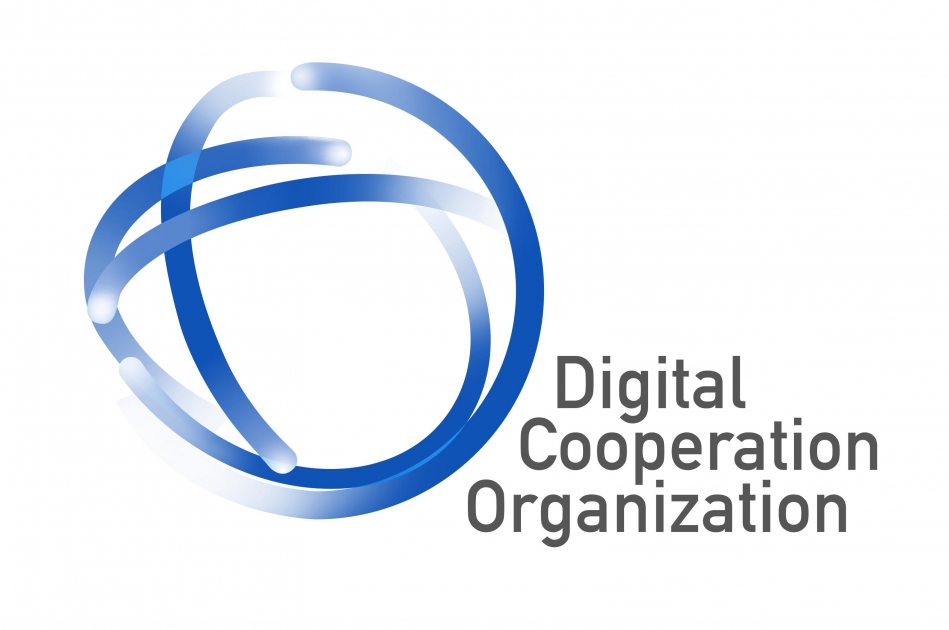
The Digital Cooperation Organization Launches the Digital Economy Trends 2024 Report
The Digital Cooperation Organization (DCO), a global multilateral organization committed to enabling digital prosperity for all by accelerating the inclusive growth of the digital economy, has unveiled its inaugural Digital Economy Trends report, aiming to provide an outlook on key digital economy trends for 2024, their supporting enablers, and the recommended actions. The recommended actions for each trend themes are provided to assist decision-makers in identifying key digital growth opportunities, addressing market gaps, and gaining perspective on sustainable and responsible emerging technologies and their applications.
The Digital Economy Trends 2024 report is developed through a state-of-the-art methodology centered on primary and secondary research to identify trends, analyze them, and build insights-driven strategic recommendations. The report identified six trend themes expected to exert significant influence on the digital economy and act as pivotal factors shaping the evolution and transformation of the digital landscape: Artificial Intelligence (AI), Trust Economy, Digital Reality, Cybersecurity, Smart Ecosystems, and Green Economy.
DCO Secretary-General Deemah AlYahya said: “The DCO Digital Economy Trends 2024 Report offers our unique viewpoint on the digital economy, formulating a 'how to’ guide for six of the most important digital economy trends. The report covers implications and recommended actions for stakeholders across the global digital economy ecosystem, ensuring there is something valuable for everyone who aspires to contribute to the growth of an inclusive and sustainable digital economy.”
Each trend theme is expected to have a transformative socio-economic impact in the coming decade through their respective Digital Economy Trends. The report shows that AI, for example, is projected to become a US$ 207 billion market by 2030 as both public and private sectors aim to optimize operations and boost efficiency, stands out as a potential game-changer for the digital economy. Meanwhile, green tech is set to experience a similar boom, with its market size expected to climb to US $83 billion by 2032, contributing significantly to the green economy's progress. The digital reality market furthermore is forecast to reach US$ 1.35 billion by 2030.
Recommended actions are offered across each of the six themes for different stakeholders, in areas such as guiding the implementation of digital technologies, targeting global priorities, applying appropriate governance for the adoption of trends, and redefining business priorities, to contribute to the growth of the global digital economy.
Looking at AI, for example, the report recommends that the public sector creates controlled testing environments with flexible AI regulatory frameworks to foster innovation responsibly, collaborates with the private sector to prioritize investments in AI digital skills and infrastructure; and establishes transparency and accountability measures.
In turn, the private sector is advised to engage with regulators to keep AI regulatory frameworks aligned with innovation and business needs; embrace a culture of AI "coopetition" through joint research consortia and shared service platforms; and prioritize the implementation of AI cybersecurity, data privacy, and sustainability measures.
Intergovernmental and international organizations are meanwhile advised to foster global collaboration around AI governance, and encourage academics, industry leaders, and NGOs to join international forums to build partnerships and converge on unified standards for AI.


























